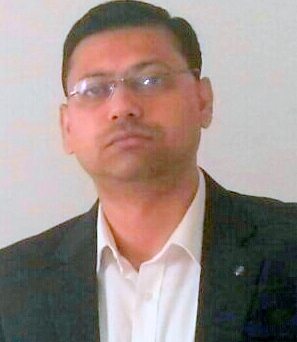COPD or Chronic Obstructive Pulmonary Disease is a term which encompasses progressive lung disease from emphysema and chronic bronchitis. The disease has increasing breathlessness as its main characteristic.
COPD is a gradually progressive disease no cure. But with proper diagnosis and treatment there are many helpful ways by which COPD can be kept under control and the patients can have better exercise tolerance and quality of life.
People can live for many years in spite of having COPD. Let us have a look into the conditions, which come under COPD, in detail:
Coughing and shortness of breath becomes a part and parcel of life, as we proceed towards the wrong side of age. We might ignore them, but they can be signs of COPD. Thus, it is very important for us to talk to the doctor if any of the following symptoms start bugging our or our near and dear ones lives:
COPD mostly occurs, due to inhalation of pollutants, including smoking, both active and passive form. Presently we are surrounded by fumes, dust and chemicals, which play a great role in developing COPD. Often, genetics can also lead to a person developing COPD, even if he has never smoked or has no exposure to various kinds of lung irritants
Comorbid conditions are often more common in people with COPD than in people with other medical conditions. These conditions are:
A general practitioner will help in diagnosing COPD, by doing the following:
A breathing test, known as the spirometry can also be arranged for. Spirometry helps in finding out, how well the lungs are functioning. The vulnerable patients are asked to breathe into a machine, known as a spirometer, after taking in a medicine called a bronchodilator. This helps in widening the airways.
If someone incurs COPD, it may be in milder forms, and there is no need to worry at all. There are therapies, even for advanced stages of the condition. They can control the symptoms, reduce the risks and improve the abilities to lead a normal life. Ceasing smoking is the first and foremost need, for treating all forms of COPD. Nicotine replacements will help. Doctors can help in dealing with relapses. Second-hand smoking is also a great danger and should be avoided at any cost.
Some medications are of immense help:
Lung therapies
The doctors often use lung therapies for people who suffer from severe or moderate conditions of COPD.

Choose between Online Or Video As Your Preferred Mode Of Consultation With The Consultant
In this section upload patient details, medical history, current medications taken and the necessary report to discuss the case with the consultant
In this section you pay and book for your consultation
With Online Query Consultation, the consultant replies to your queries within 24-48 hours from the time the consultation is booked.
With Video Consultation, the consultant reviews your case and consults with you on the day the consultation is booked